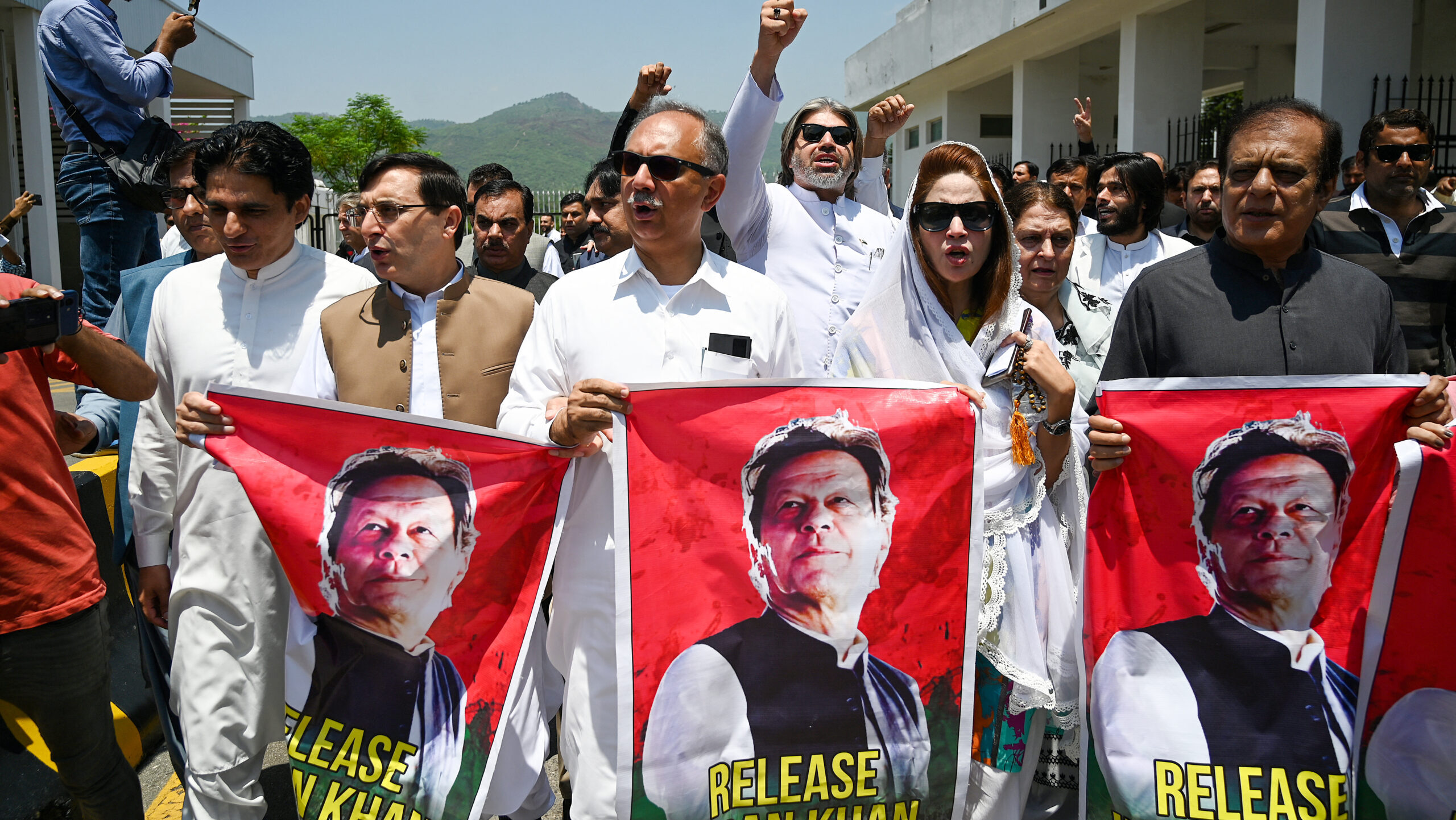Imran Khan Calls on Overseas Pakistanis To Withhold Remittances in Civil Disobedience Push
Arshad Mehmood reports from Islamabad on former Prime Minister Imran Khan’s call for a civil disobedience movement to begin on December 14, focusing on urging overseas Pakistanis to halt remittances to Pakistan. Khan, who remains in jail, has demanded the release of his party’s workers and a judicial probe into state actions against his Pakistan Tehreek-e-Insaf (PTI) party. His plan includes escalating measures if initial steps are ineffective.
Khan’s sister, Aleema Khan, highlighted the economic significance of remittances, which are critical to Pakistan’s financial stability. Annual remittances recently hit $3 billion in October 2024, with $11.8 billion reported for the July-October period. Khan enjoys substantial support from the diaspora, who have historically donated generously to his causes.
This holiday season, give to:
Truth and understanding
The Media Line's intrepid correspondents are in Israel, Gaza, Lebanon, Syria and Pakistan providing first-person reporting.
They all said they cover it.
We see it.
We report with just one agenda: the truth.


Experts are divided on the feasibility of Khan’s call, with economic analysts doubting that families will halt remittances. Critics warn that such a move could harm Pakistan’s fragile economy, deplete foreign reserves, and exacerbate poverty. Others, like senior political analyst Adeeb Uz Zaman Safvi, argue that civil disobedience is the only remaining option for PTI supporters to challenge what they see as an illegitimate government.
Speaking to The Media Line, Shoaib Shaheen, a senior PTI leader, justified the movement, while government officials expressed willingness to negotiate. Mehmood’s reporting provides in-depth perspectives on the stakes and potential impacts of Khan’s controversial strategy. Read the full article to explore how this unfolding crisis could shape Pakistan’s future.

